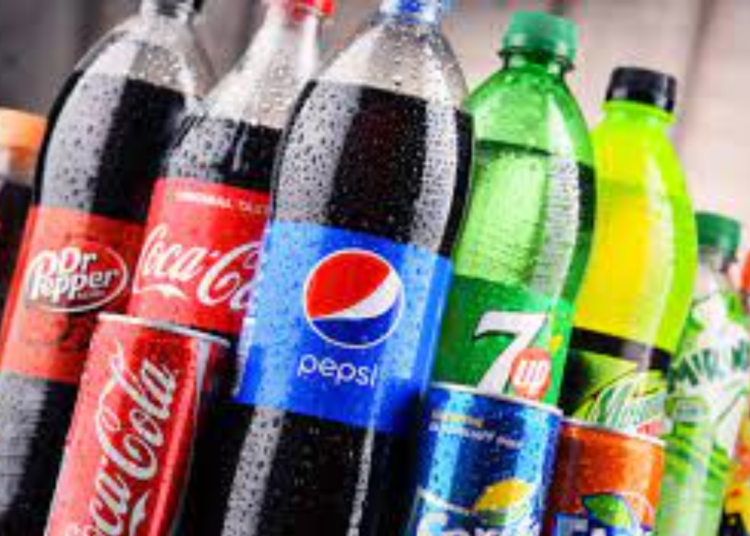In recent time, key players in the Sugar-Sweetened Beverages (SSBs) industry have argued that imposing excise tax on carbonated drinks and sugar sweetened non-alcoholic beverages would fuel unemployment in the industry.
They added that the tax on SSB is unacceptable to the people, it is regressive, unfair on the poor and it would have negative economic impact on employment. They also argued that SSB tax is not effective in reducing consumption neither is it effective in reducing prevalence of obesity and diabetes.
But economists begged to differ, even as they claimed that the excessive consumption of SSBs can increase the burden of Non-Communicable Diseases (NCDs), among others. It is time to prioritize the health of Nigerians over money, they posited.
Demystifying these myths and arguments, research associate, Centre for the Study of the Economies of Africa (CSEA), Austine Iraoya, told me that, the economic rationale for SSB tax was as a result of market failure and lack of full awareness on harmful effects of SSBs, adding that demand could be lower if consumers have fuller information.
“Market failure in the sense that, science has showed that SSBs have negative impact on our health, as it can lead to obesity and diabetes, among others. It is not easy to treat these health conditions. For instance, the total economic costs of treating obesity in Nigeria amounted to $2.37 billion in 2019 and it is projected to reach $4.97 billion in 2030. Why should we continue to consume something that have negative impact on our health? That is the reason government introduced the SSB Tax, to curtail its consumption,” Iraoya explained.
Speaking on the SSB tax impact on consumption, the research associate said in Philadelphia, the consumption of taxed SSBs decreased significantly by 42 per cent and Saudi Arabia recorded a 58 per cent reduction in consumption of taxed SSBs.
On the evidence of the impact on health outcomes, Iraoya disclosed that in Philippines, it averted 5,913 deaths related to diabetes; 10,339 deaths from ischemic heart disease and 7,950 deaths from stroke over 20 years and in South Africa, it reduced obesity prevalence by more than three per cent in men and more than two per cent in women.
On evidence of the impact on revenue, the economist stated that Indonesia raises $920 million revenue in first year and $27.3 billion over 25 years; Philippines raises $813 million in revenue per year and South Africa raises $450 million in SSB tax revenue annually.
Unlike Philippines, South Africa and other countries, Iraoya lamented that the marginal price increases (N10 per litre) may not be sufficient to alter the excessive consumption patterns of SSBs, adding that WHO recommends at least 20 per cent price increase for a significant reduction in consumption. He however tasked the federal government to benchmark the levy on the quantity of sugar in each litre of drink.
Senior regional policy advisor, food program, GHAI, Adeolu Adebiyi, while commenting on if SSB tax would have negative economic impact on employment, said another reason for the SSB tax is for SSB industry to begin to prioritize healthy alternatives, of which some SSB companies have started looking into.
“Some of the SSB companies have started producing water, as alternative to SSBs. We must commend them. While government is taxing SSBs, I am using this medium to appeal to the government to remove tax on healthy alternatives to encourage more SSB companies to look in that direction,” Adebiyi appealed.





